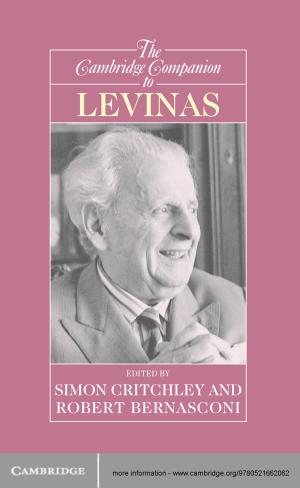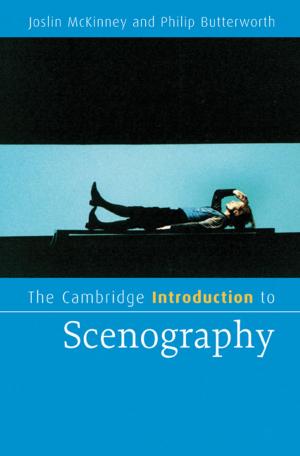Herder on Humanity and Cultural Difference
Enlightened Relativism
Nonfiction, Religion & Spirituality, Philosophy, Modern, Reference & Language, Language Arts| Author: | Sonia Sikka | ISBN: | 9781139063760 |
| Publisher: | Cambridge University Press | Publication: | April 21, 2011 |
| Imprint: | Cambridge University Press | Language: | English |
| Author: | Sonia Sikka |
| ISBN: | 9781139063760 |
| Publisher: | Cambridge University Press |
| Publication: | April 21, 2011 |
| Imprint: | Cambridge University Press |
| Language: | English |
Herder is often criticized for having embraced cultural relativism, but there has been little philosophical discussion of what he actually wrote about the nature of the human species and its differentiation through culture. This book focuses on Herder's idea of culture, seeking to situate his social and political theses within the context of his anthropology, metaphysics, epistemology, ethics, theory of language and philosophy of history. It argues for a view of Herder as a qualified relativist, who combined the conception of a common human nature with a belief in the importance of culture in developing and shaping that nature. Especially highlighted are Herder's understanding of the relativity of virtue and happiness, and his belief in the impossibility of constructing a single best society. The book will appeal to a wide range of readers interested both in Herder and in Enlightenment culture more generally.
Herder is often criticized for having embraced cultural relativism, but there has been little philosophical discussion of what he actually wrote about the nature of the human species and its differentiation through culture. This book focuses on Herder's idea of culture, seeking to situate his social and political theses within the context of his anthropology, metaphysics, epistemology, ethics, theory of language and philosophy of history. It argues for a view of Herder as a qualified relativist, who combined the conception of a common human nature with a belief in the importance of culture in developing and shaping that nature. Especially highlighted are Herder's understanding of the relativity of virtue and happiness, and his belief in the impossibility of constructing a single best society. The book will appeal to a wide range of readers interested both in Herder and in Enlightenment culture more generally.















